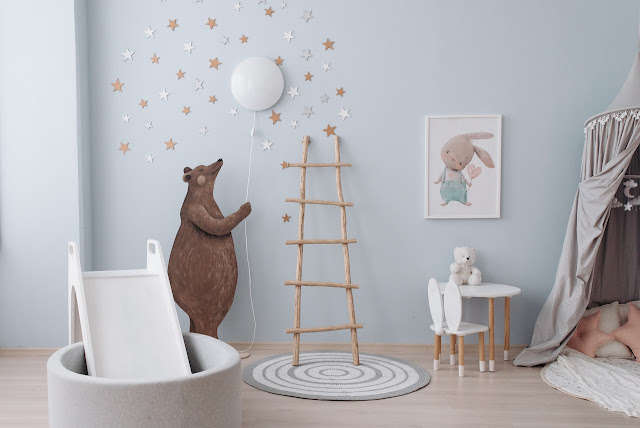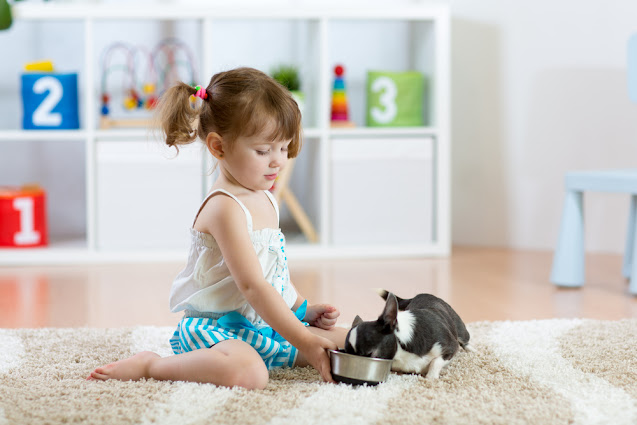How Diet Can Affect Children’s Mental Health?

Diet and Children's Mental Health Numerous studies show connections between diet and children's mental health. These studies indicate that while a poor diet is more likely to be associated with poor mental health, a healthy diet can support better mental health. Here are 5 strategies for using food to promote your child's mental health. 1. Consume meals and snacks regularly. For kids, having a regular meal and snack schedule has many advantages. Eating frequently can assist in maintaining stable blood sugar levels throughout the day. Children may become more agitated, exhausted, and restless if their blood sugar levels drop. For children 12 months and older, it is advised to provide three main meals and two to three small snacks per day to prevent this. 2. Include wholesome fats in your diet Healthy fats are essential for the proper functioning of the brain. In particular, the omega 3 and omega 6 fats—found in oily fish, nuts, and seeds, particularly walnuts, lins












